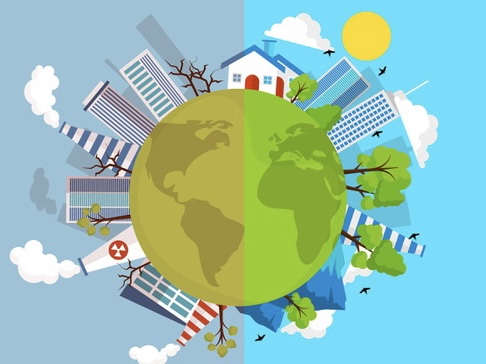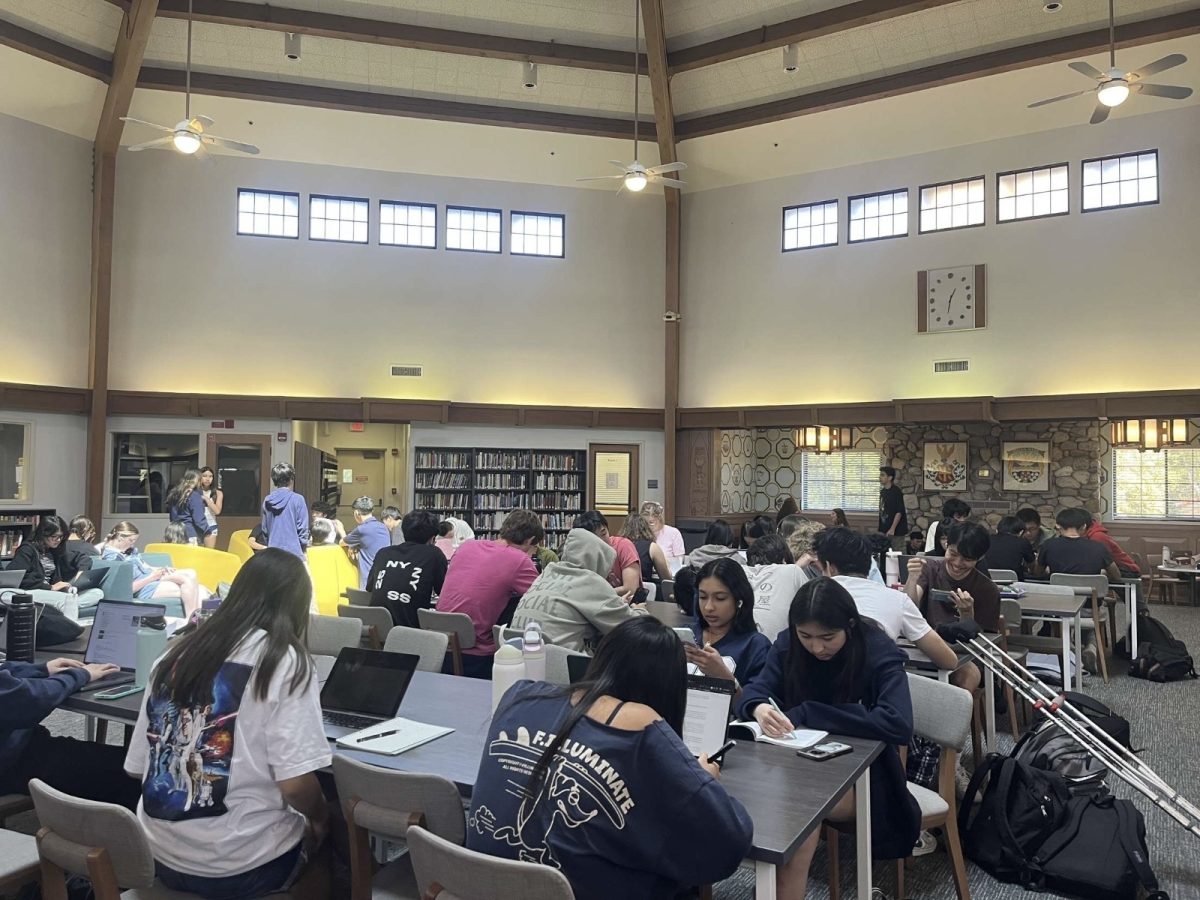COVID-19 has dominated our lives and showered us in a flood of downsides, but there are some silver linings for the environment. Because of the coronavirus, the environment has been able to rejuvenate in a few ways that are worth celebrating and a few ways that should be corrected moving forward.
One thing that has drastically changed over the past year is air quality. In places like New York, pollution has decreased by 50% because of efforts to control the virus, according to BBC Future. Their page also mentioned that China, the country with the world’s largest population, raised the number of days with the best air quality 11.4% from the previous year. Another positive note is that NO2 emissions have been shown to be dramatically fading over Italy, Spain, and the UK.
BBC Future also says that transport, which takes up 23% of global carbon emissions, has fallen due to the stay-at-home orders put in place for public safety. However, if people maintain their activities and habits of actively travelling, the emissions that have dropped over the past year could make a comeback.
“In my opinion, we should be thinking about how we manage these effects moving forward,” says Ms. Haleftiras, science department faculty. “How can we continue positive trends of clean beaches, reduced noise pollution, and better air quality while addressing the negative effects like increased waste and reduction of recycling.”
Ms. Haleftiras is right. With the amount of people staying home, online ordering has increased inorganic waste.
In a scholarly article called Indirect effects of Covid-19 on the environment, provided by Elsevier and written by Manuel A. Zambrano-Monserrate, Maria Alejandra Ruano, and Luis Sanchez-Alcalde, researchers point to the positive and negative impacts of COVID-19.
The article mentions that in places such as China, the air quality has improved the overall health of the population, the lack of tourists in California has led to cleaner beaches, and environmental noise reduced due to the decreased amount of people going out.
Unfortunately, the waste in recycling is just as detrimental to the environment as any of these, so because of its increase, there are still problems that need to be addressed quickly regarding the coronavirus environmental affect.
It is not only the teachers at Webb that care about the environment, but the students too.
“The Webb Environmental Club is focused on creating institutional change through grassroot movements and getting people into the outdoors,” said Jenna Hawkes, president of the Environment Club. “This has obviously been challenging during this year when the community is physically separated and away from the natural space we share together. However, we continue to encourage people to think sustainably by participating in activities like our natural dye project and volunteering (safely) in local community projects such as organic gardening.”
Moving forward from this pandemic, we must make sure that we will continue to focus on creating a downward trend for environmental harm. Instead of going back to normal life in the same way we have done in the past, make sure to be wary of how your actions affect the environment, for it will make an incredible difference in lessening our footprint overall. Also, we should make sure we are enjoying and respecting the beauty of the nature surrounding us, which we might have overlooked before this pandemic began.









